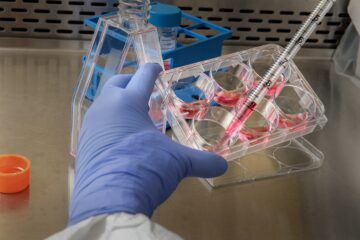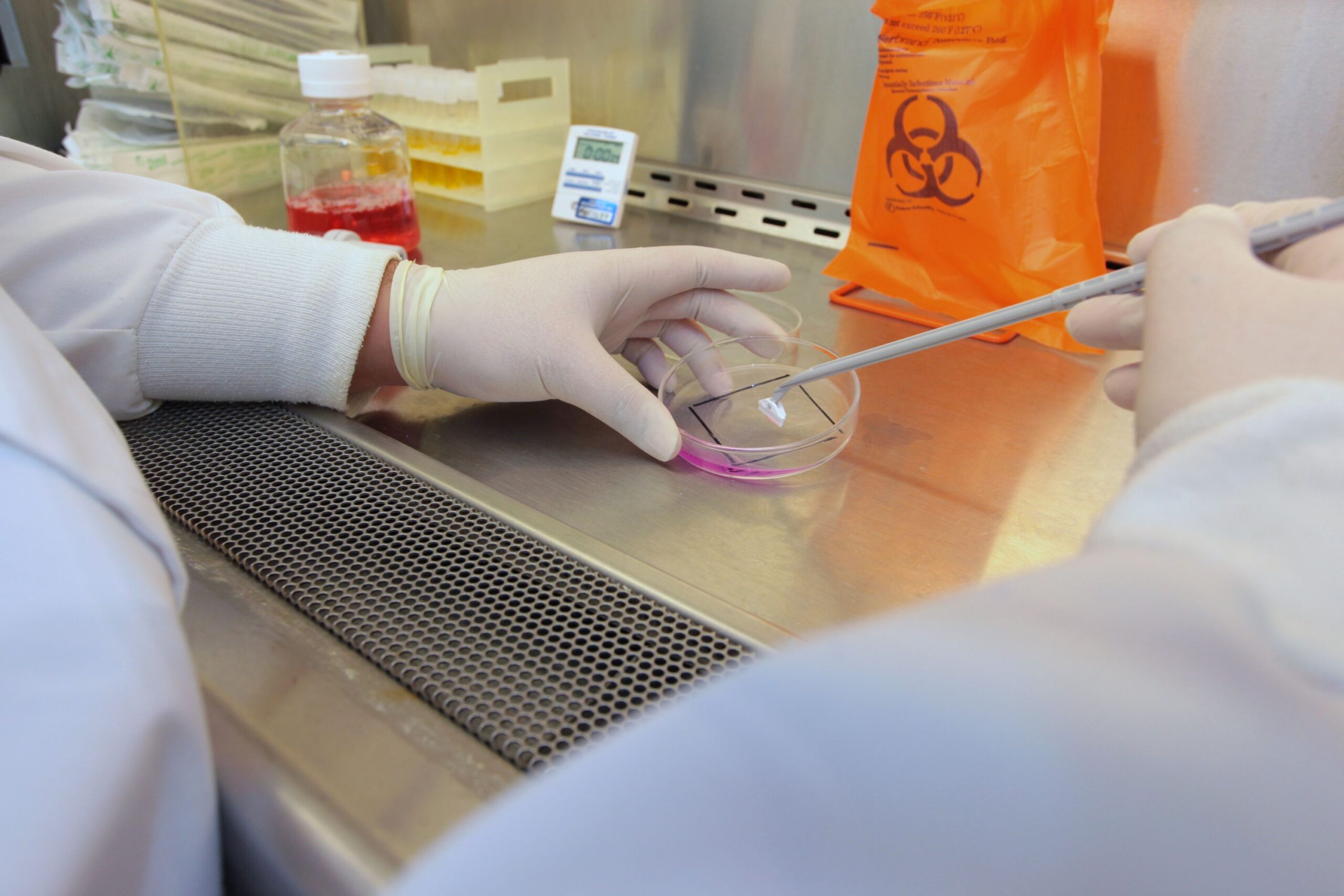Karolyn Sassi Ogliari (1), PhD, Liziane Raquel Beckenkamp (1), PhD
- Hemocord Biotechnology LTDA.
Cell-based therapy carries immense promise for treating a wide variety of diseases that currently have limited to no available treatment. The opportunities for clinical translation of cell products are becoming greater every year, with different autologous and allogeneic cell and gene therapies for regenerative medicine and cancer treatment, some of which have already been licensed. However, these ‘living drugs’ require strict quality standards, as well as cell manufacturing GMP facilities and advanced methods of cell culture for safe manipulation. This leads to an increase in costs and makes accessibility an issue for both patients and health care providers.

Cooperation between governments, companies/industries, clinicians, and scientists is therefore needed in order to make these technologies more efficient, simpler, and less costly. An international umbilical cord (UC) bank recently entered into a license agreement with Duke University (USA) to develop cord blood and cord tissue therapies for children and adults with conditions for which there are limited approved therapies to date, including cerebral palsy, autism, and other neurological conditions. This cooperation between the company and the clinical center will allow patients to receive these treatments during clinical trials or as part of an expanded access protocol and make the transition to meet regulatory approval of such protocols more timely. Indeed, overcoming regulatory requirements and ensuring the biosafety of cellular therapy products will still require the development of a number of clinical trials. Advancements in this field have been made in Brazil; joint work between universities, large reference hospitals, the ANVISA, and the Ministry of Health has so far allowed the advancement of clinical trials and the use of compassionate cell therapy, such as CAR-T cells in patients with leukemias and lymphomas.
That, in turn, has led to a consensus and to the creation of guidelines for the implementation of such therapies in Brazil. Such moves will undoubtedly pave the wave for the development and application of these cell and gene therapies in other diseases and pathologies. In this regard, the expertise of cell and tissue banks in GMP manufacturing of cellular products can be better used to assist in aspects connected with the manipulation, regulation, access, and enhance translational therapies.
As the field of cell therapy advances in Brazil, key issues will demand special attention, such as appropriate facilities to develop and robustly characterize cellular products, qualified personnel, availability and costs of reagents, which are still mostly imported, and funding to develop and carry out further and larger studies. Such advancements will allow us to transform this personalized therapy into an “off-the-shelf” product to attend to the highest possible number of patients within the public (SUS) and private healthcare systems in Brazil.





I would like to thank you for the efforts youve put in penning this website. I really hope to check out the same high-grade content by you later on as well. In truth, your creative writing abilities has encouraged me to get my own website now 😉